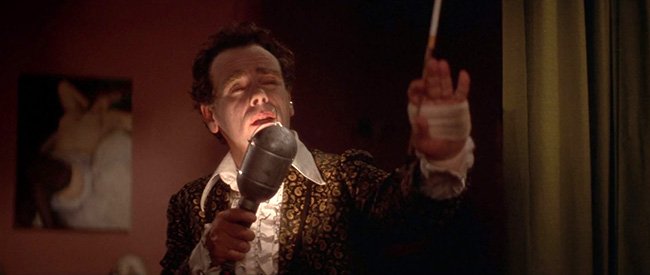sus
Moderator

Bourdieu.
You don't know Bourdieu?

Across the pond, in the old country of the Normans (long live William 1028-1087) are some folks we Americans prefer to call "intellekshuals." Very lost and impotent men these, by the bunch. I don't know what you all think of Barthes, but I'll take Credence Clearwater ("Roland... Roland on the river") over the old frog anyday. Robert Bolano's "Labyrinth" illustrates pretty well what we ought to think of this crowd: perverts, pedophiles... some were even homosexual (so I hear). All Normans are especially horny by nature, having in them a normal amount of testosterone if less Lutheran willpower to overcome it—but it's the "intellectuals" who invent perverse justifications, proving ultimately only their larger point that words can't be trusted.
However, one great man stands apart from this pack. I have it on good rumor that Bourdieu is not a Frenchman but an Nordic-German mongrel (this makes lots of sense). What was he doing in Algeria during the war?? No one knows, certainly not ethnographic work for his "country," or else... maybe... but on the side.
Point being, in the words of my unfamous friend Peli Grietzer, "every sentence by Bourdieu is the actual version of what people pretend a sentence by Derrida is: it just explodes your mind into a million pieces." It's been a long time since I read the book where he said something like that, but I'm pretty sure I got it close.
What have you read by this great Alemmanic Viking? What's stood out to you?

